7KM2200-2EA40-1JA1
SENTRON, measuring device, 7KM PAC2200, LCD, L-L: 400 V, L-N: 230 V, 65 A, strd rail instr., 3-phase, Modbus TCP + MID, apparent/active/ reactive energy, self-powered, screw terminals
- Stock status:
- In stock
- Manufacturer:
- Siemens
- Product code:
- 7KM2200-2EA40-1JA1
Main documents
- Product datasheet
- Instruction sheet
- Catalogue
| Product | |
| Article Number (Market Facing Number) | 7KM2200-2EA40-1JA1 |
| Product Description | SENTRON, measuring device, 7KM PAC2200, LCD, L-L: 400 V, L-N: 230 V, 65 A, strd rail instr., 3-phase, Modbus TCP + MID, apparent/active/ reactive energy, self-powered, screw terminals |
| Product family | SENTRON 7KM PAC Measuring Devices |
| Product Lifecycle (PLM) | PM300:Active Product |
| Price data | |
| Region Specific PriceGroup / Headquarter Price Group | 15N / 1DD |
| List Price | Show prices |
| Customer Price | Show prices |
| Surcharge for Raw Materials | None |
| Metal Factor | None |
| Additional Product Information | |
| EAN | 4001869538624 |
| UPC | Not available |
| Commodity Code | 90303370 |
| LKZ_FDB/ CatalogID | LV10 |
| Product Group | 5310 |
| Group Code | P360 |
Product Description
Siemens
Siemens, a global leader in the electrical and industrial automation sectors, is renowned for its high-quality products and solutions, ranging from electrical equipment and automation systems to energy management and telecommunications technologies.
With a strong focus on innovation, Siemens provides cutting-edge solutions that enhance operational efficiency, sustainability, and productivity across various industries. From advanced circuit breakers and switchgear to smart grid solutions, Siemens continues to shape the future of technology, delivering reliable and energy-efficient products that meet the evolving needs of businesses and industries worldwide.
Measuring Devices
Measuring Devices play a crucial role in optimizing energy efficiency. SENTRON measuring devices ensure precise monitoring and accurate data acquisition, helping businesses track energy consumption and identify waste. Energy savings begin with reliable measurement, as you can only improve what you can measure. With a wide range of solutions, from DIN rails to front panels, and support for protocols like Modbus and PROFINET, SENTRON devices offer MID-certified options to meet diverse needs.
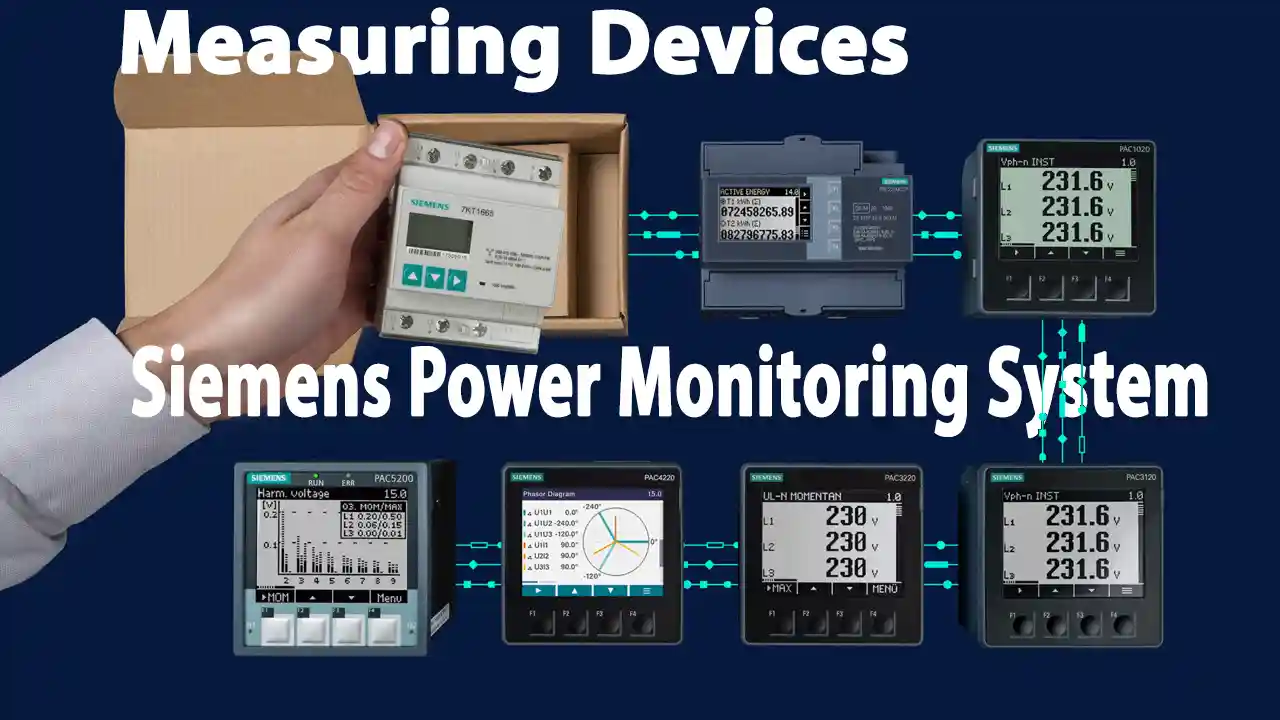
Siemens Power Monitoring System
Siemens Power Monitoring System is designed to provide comprehensive insights into energy usage, enabling businesses to optimize power consumption and reduce costs. By delivering accurate and real-time data, this system helps identify inefficiencies and ensures smooth energy management across various facilities.
With seamless integration capabilities, including support for Modbus and PROFINET, and compatibility with smart grids, Siemens Power Monitoring System offers scalable solutions tailored to different industry needs. Start your journey towards energy efficiency with reliable monitoring that empowers you to make data-driven decisions, ensuring a sustainable and cost-effective energy future.
7KM2200-2EA40-1JA1
The SENTRON PAC2200 (7KM2200-2EA40-1JA1) is a robust and efficient measuring device developed by Siemens, designed for precise monitoring of electrical parameters in three-phase systems. This device is suitable for industrial and commercial applications, offering advanced communication capabilities and energy measurement features.
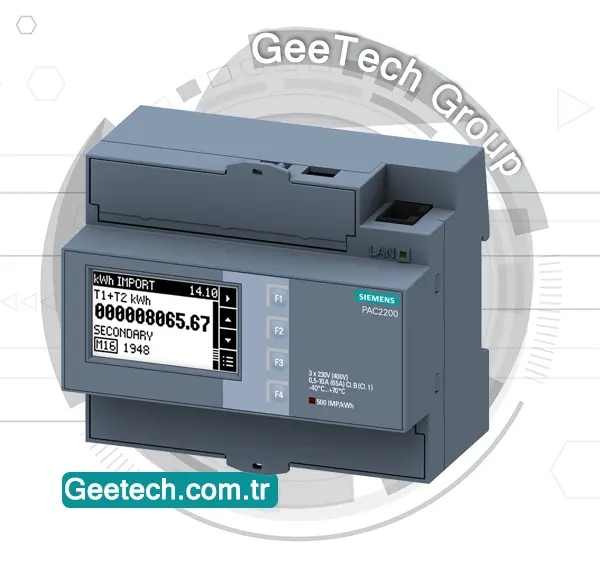
Key Features and Specifications:
Voltage and Current Ratings:
- Measures line-to-line (L-L) voltage up to 400 V and line-to-neutral (L-N) voltage up to 230 V, with a current capacity of 65 A.
Three-Phase Measurement:
- Provides accurate measurement of apparent, active, and reactive energy for three-phase systems, ensuring comprehensive energy monitoring and management.
Modbus TCP Communication with MID Certification:
- Equipped with Modbus TCP communication, allowing seamless integration into modern networked environments, and is MID certified for compliance with European measurement standards.
Energy Measurement:
- Capable of measuring apparent, active, and reactive energy, making it suitable for detailed energy consumption analysis.
Self-Powered Operation:
- The device is self-powered, which simplifies installation by eliminating the need for an external power source.
Standard Rail Instrument:
- Designed for easy installation on a standard rail, enabling quick setup in various electrical panels.
Screw Terminals:
- Features screw terminals for secure and reliable connections.
Technical Specifications:
- Number: 7KM2200-2EA40-1JA1
Voltage Measurement:
- Line-to-Line (L-L): 400 V
- Line-to-Neutral (L-N): 230 V
- Current Input: 65 A
- Phase Measurement: Three-phase
- Communication Protocol: Modbus TCP + MID Certification
- Energy Measurement: Apparent, active, and reactive energy
- Mounting Type: Standard rail instrument
- Power Supply: Self-powered
- Connection Type: Screw terminals
Additional Product Information:
- EAN: 4001869538624
- Commodity Code: 90303370
- Product Family: SENTRON 7KM PAC Measuring Devices
- Product Lifecycle: PM300: Active Product
- Product Group: 5310
- Group Code: P360
Applications:
The Siemens SENTRON PAC2200 (7KM2200-2EA40-1JA1) is well-suited for:
- Industrial and commercial energy management, where accurate monitoring of electrical parameters is essential.
- Networked environments, with support for Modbus TCP communication.
- Energy efficiency and cost management, providing detailed insights into energy usage with MID-certified measurements.
Conclusion:
The SENTRON PAC2200 (7KM2200-2EA40-1JA1) by Siemens is a versatile and reliable solution for monitoring energy in three-phase systems. With its Modbus TCP capabilities, MID certification, and self-powered design, it ensures effective and seamless integration into various applications. This device is ideal for managing and optimizing energy consumption, offering robust performance and easy installation.
Frequently Asked Questions
What Are Siemens Used to Measure?
✅Siemens (S) are units used to measure electrical conductivity, which refers to a material's ability to conduct electric current. The standard unit for conductivity is Siemens per meter (S/m), with milliSiemens per meter (mS/m) being commonly used for smaller values. Electrical conductivity is crucial for understanding how well a material can transmit electricity. The Siemen, a unit of electrical conductance, is the inverse of an Ohm (Ω), which measures electrical resistance. This makes Siemens an essential measurement in fields such as electronics, engineering, and material science.
What Are the Names of Measuring Devices?
✅Measuring devices come in various types, each serving specific purposes across different industries. Some of the most common measurement tools include vernier calipers, micrometers, dial gauges, and various types of gauges. Other essential devices are bubble levels, protractors, and rulers. These tools are widely used in production processes, quality control, and engineering to ensure precise measurements and accuracy.
What Are Three Measuring Devices?
When it comes to measuring length, there are several precise tools available. Three commonly used instruments include:
✅ 1.Rulers - Simple and versatile, rulers are used for measuring shorter lengths, typically in centimeters or inches.
✅ 2. Tape Measures - Ideal for measuring longer distances, tape measures are flexible and portable, making them useful for tasks ranging from home improvement to construction.
✅ 3. Micrometer Screw Gauges - Designed for measuring small objects with high precision, micrometer screw gauges can measure dimensions in micrometers.
Among these, the vernier caliper stands out as the most precise tool. It features sliding jaws attached to a graduated beam, allowing for accurate measurements of both internal and external dimensions.
What Is a Power Monitoring Device?
✅ A power monitoring device is an instrument used to measure and track power consumption. It helps in monitoring the usage of electricity, which is essential for identifying areas where energy can be saved and efficiency can be improved. While electricity itself is invisible, it is a versatile and convenient form of energy that powers various systems, converting into heat, light, sound, and mechanical power. By providing real-time data on energy usage, power monitoring devices support energy-saving activities, cost reduction, and improved energy management. These devices are commonly used in homes, businesses, and industrial settings.
How Do I Replace My Energy Meter?
✅ Replacing your energy meter, such as when installing a NES smart meter, involves a few important steps to ensure safety and proper installation. Here’s a simple guide:
1. Turn Off Power: Begin by turning off the line power to the existing energy meter to ensure a safe working environment.
2. Remove the Terminal Cover: Carefully take off the terminal cover from the existing meter to access the wiring.
3. Disconnect Wires: Remove the line and load wires connected to the terminals of the existing meter. Make sure to label or note where each wire connects for easier installation of the new meter.
4. Remove the Old Meter: Finally, detach the old energy meter from its mounting, ensuring all components are safely stored for future reference or recycling.
What Is the Difference Between a Power Meter and an Energy Meter?
we often get asked whether energy meters and power meters are the same. While both devices are essential for monitoring electricity usage, they serve different purposes.
✅Energy Meters: These instruments measure the total energy consumed over time, typically displayed in kilowatt-hours (kWh). Energy meters provide a cumulative record of electricity usage, helping users understand their overall consumption patterns and manage costs effectively.
✅Power Meters: In contrast, power meters measure the instantaneous rate at which energy is being used, usually indicated in watts (W) or kilowatts (kW). By offering real-time data, power meters enable users to gain insights into their electrical systems' immediate power demands, allowing for better management of energy resources.
In summary, while energy meters track total consumption, power meters focus on the rate of energy use, making them both valuable tools for energy management and efficiency.



















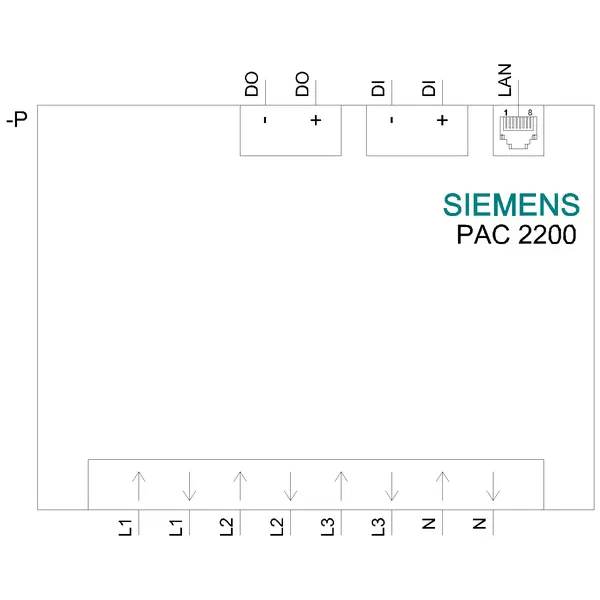
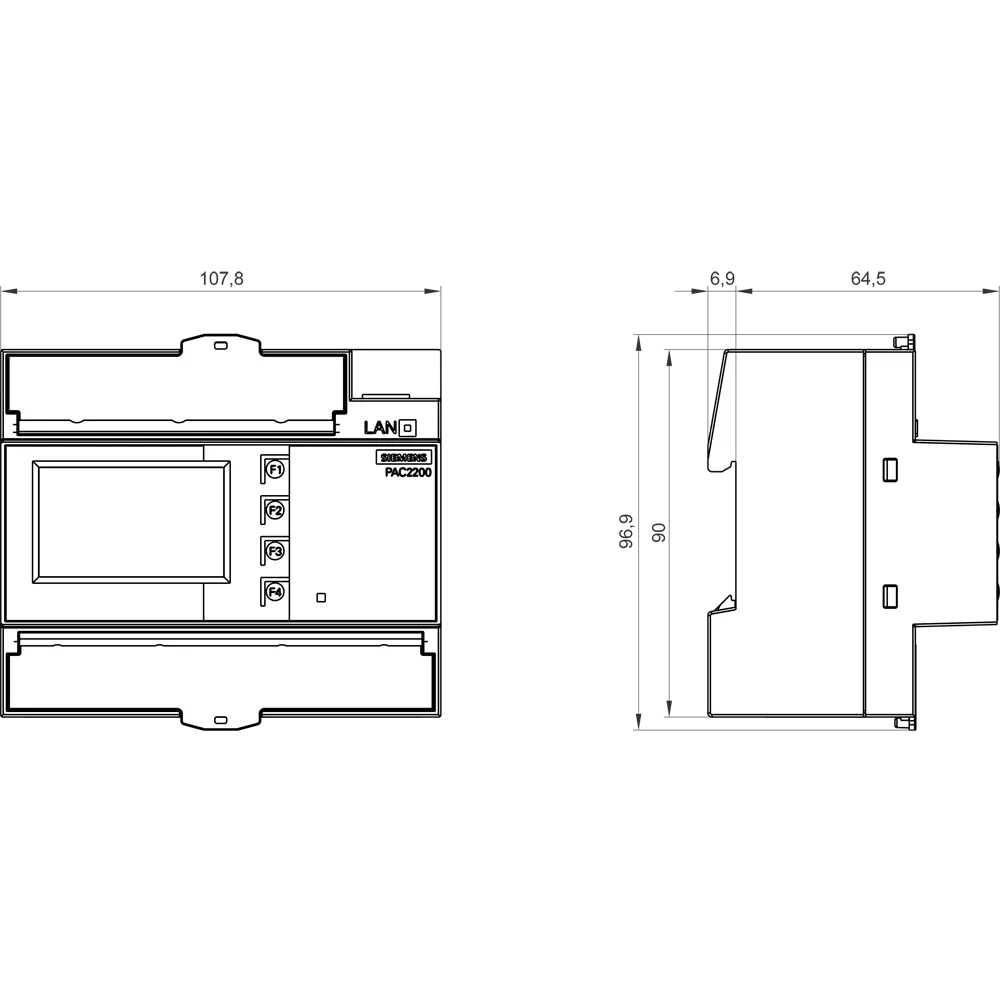
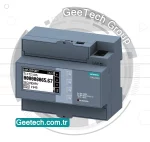
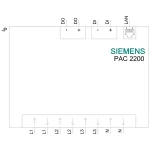
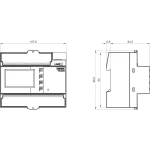
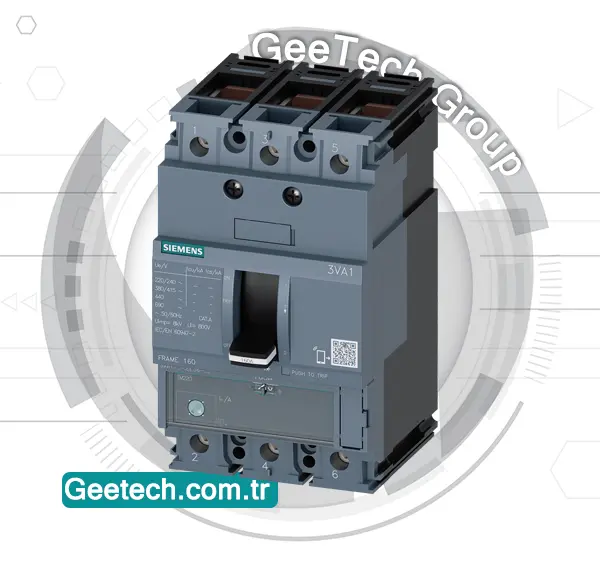
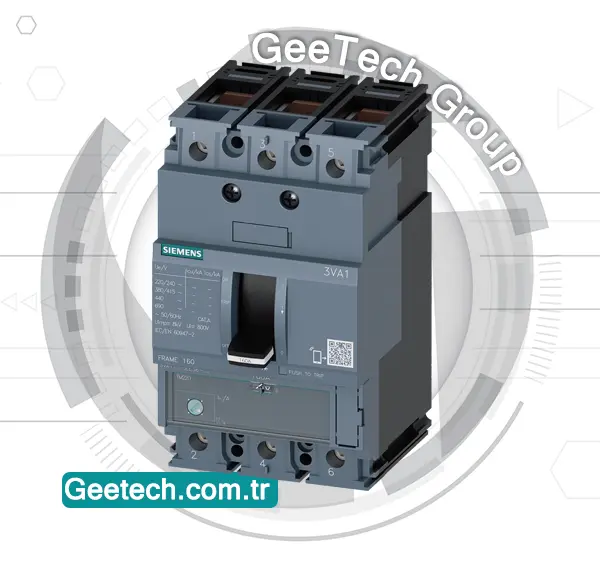
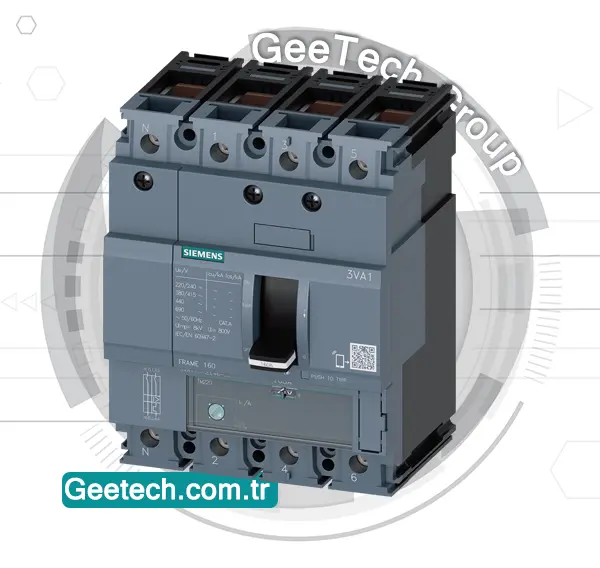
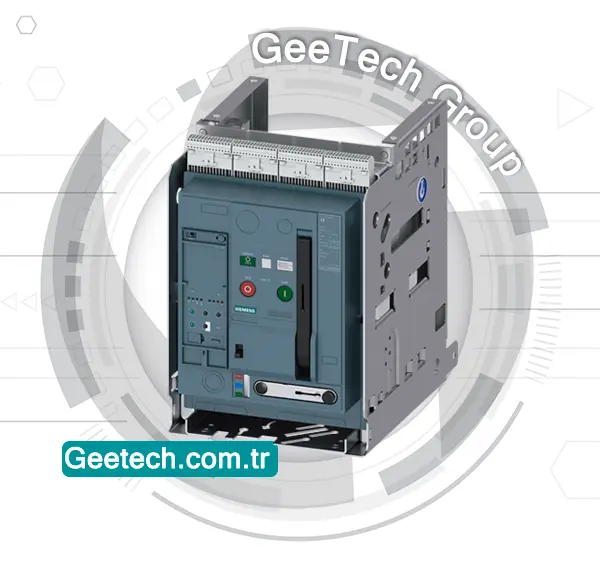

Reviews
There are no reviews yet.